Neoliberal Globalization and Nativist Protectionism Explained

We explain neoliberalism, globalization, nativism, and protectionism and the pros and cons of “neoliberal globalization” and “nativist protectionism.”
Psychology is the study of mind and behavior. It’s best described as a social science, although specific aspects can focus on anything from biology, to the humanities, to philosophy.
Below are a collection of facts and myths about psychology and social psychology pertaining to individuals, groups, and the collective.
TIP: Check out the YouTube playlist of Crash Course Psychology for a crazy amount of good information.

We explain neoliberalism, globalization, nativism, and protectionism and the pros and cons of “neoliberal globalization” and “nativist protectionism.”
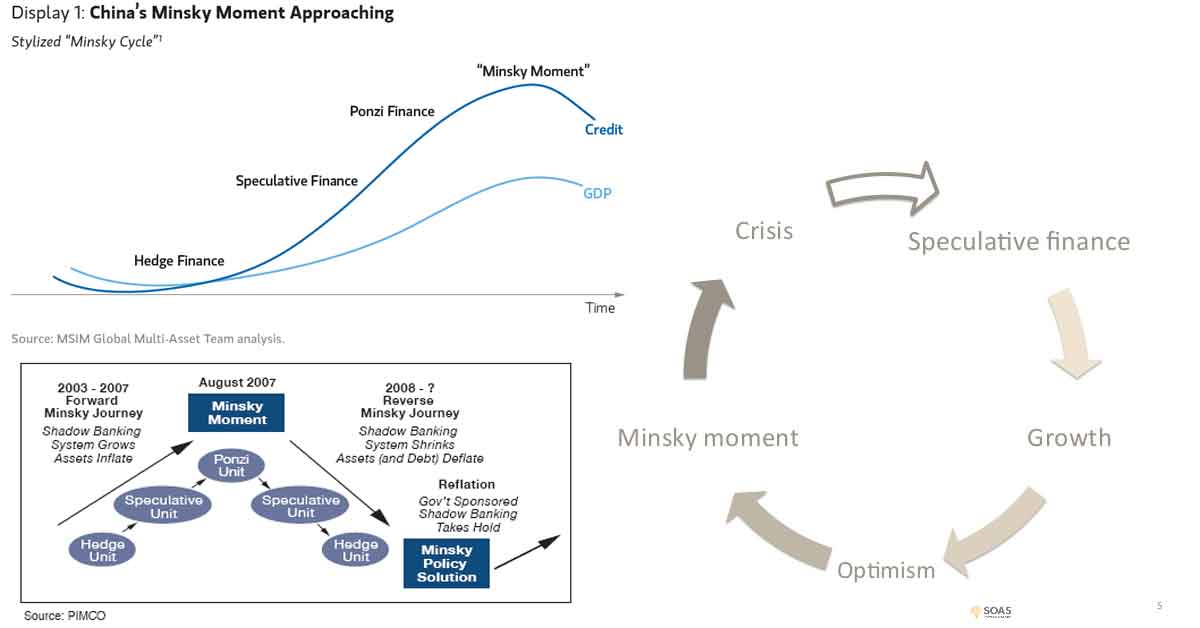
Stability isn’t necessarily destabilizing, but as Hyman Minsky’s Financial Instability Hypothesis eludes: longterm stability breeds instability and diminishes resilience in economic markets, mainly due to psychological factors.
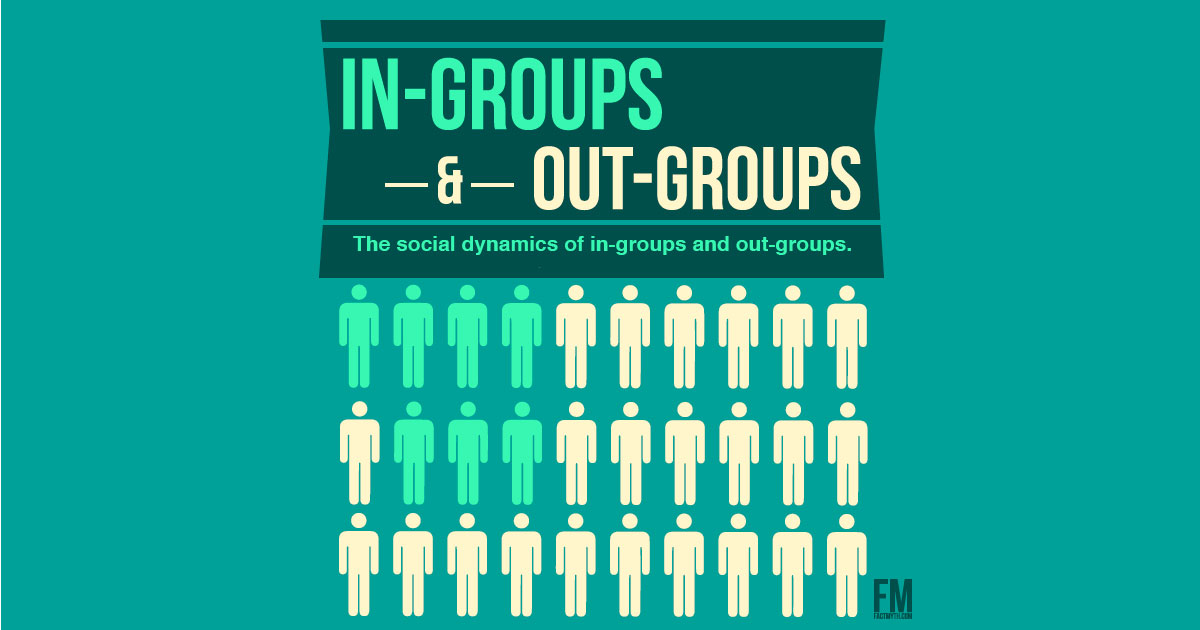
All collectives are comprised of individuals, and all individuals comprise collectives; thus we can never fully consider collectives without considering individuals, or vice versa.
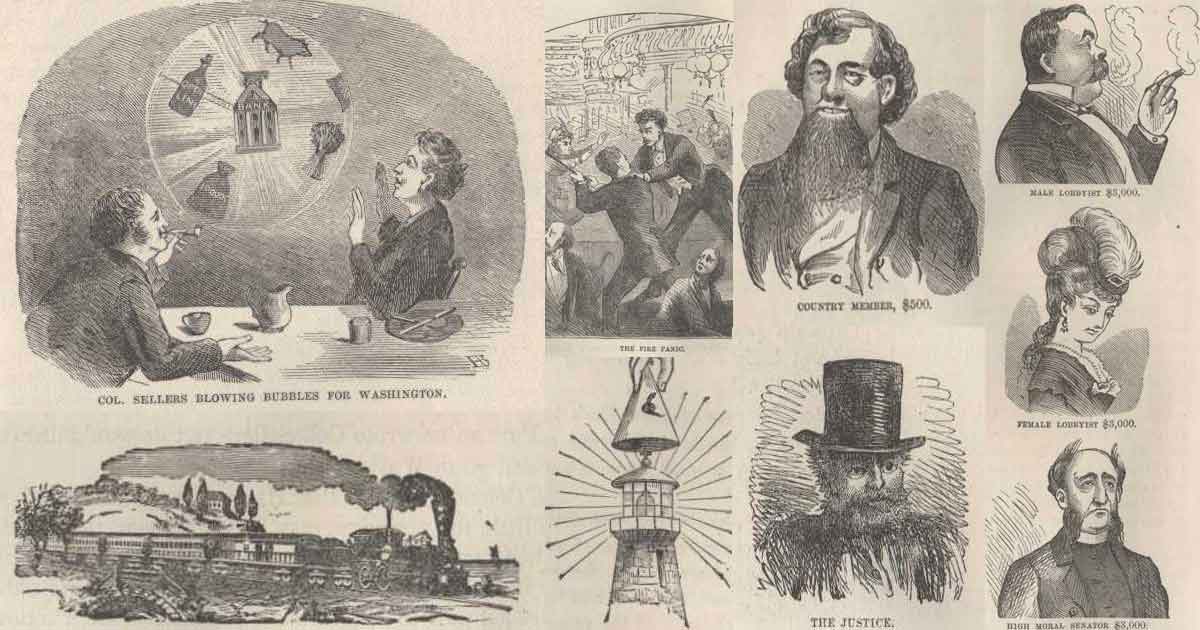
Below we present an annotated version of Andrew Carnegie’s 1889 essay Wealth (better known as the Gospel of Wealth).

Politics can be treated as a science (political science), but it must always seek data that can be confirmed by our senses (empirical evidence).
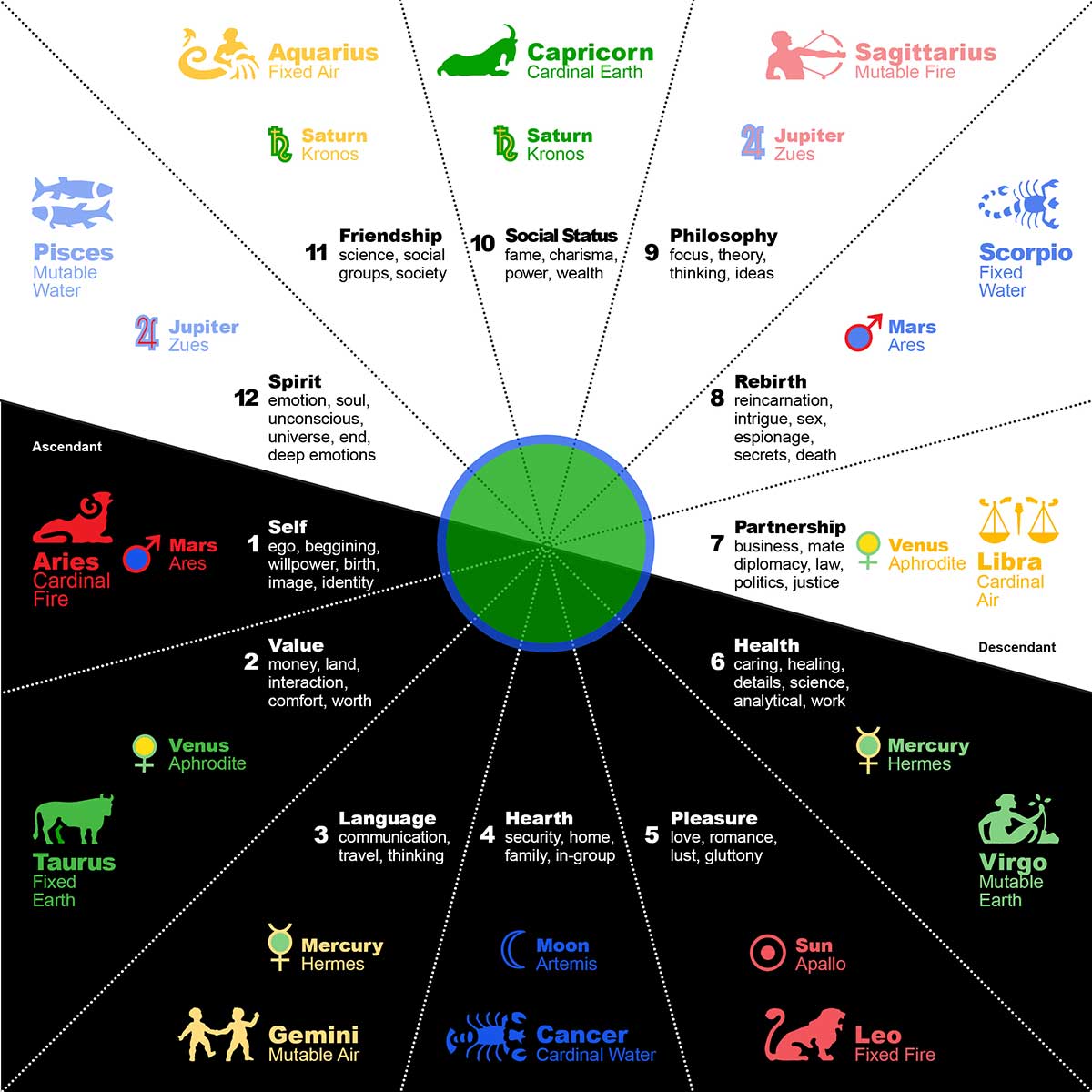
Western Classical Element Theory can be seen as a metaphor the human condition where fire is will and action, air is reason, water is the passions and spirit, and earth is the physical.
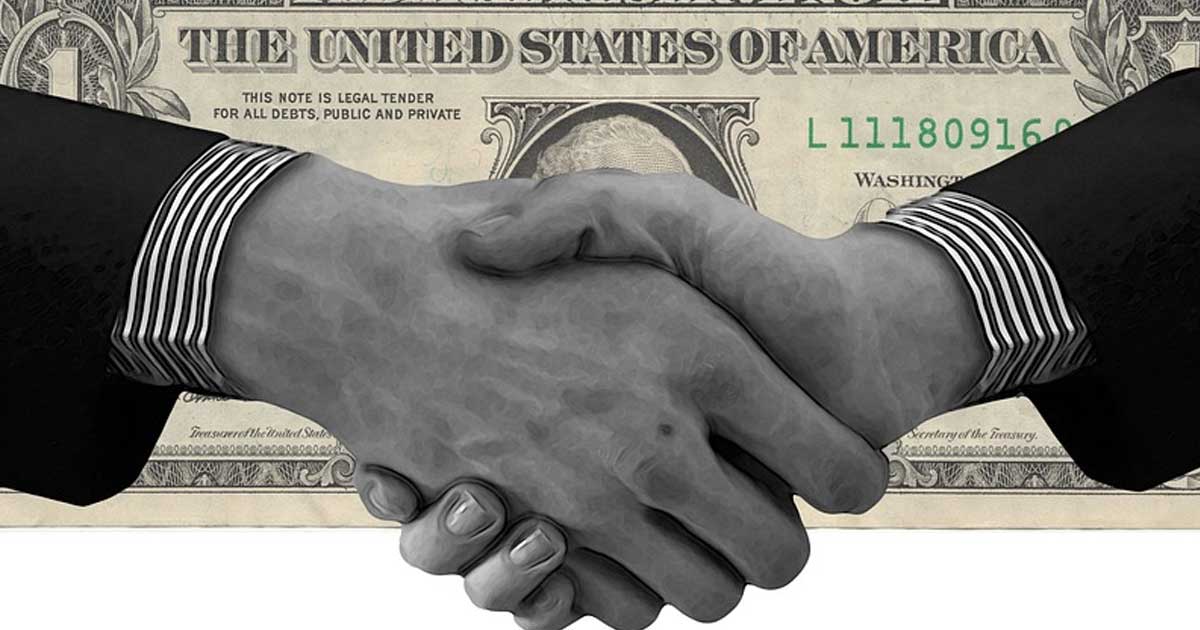
There are different types of capital, value, commodities, and markets including natural, human, social, manufactured, and financial.
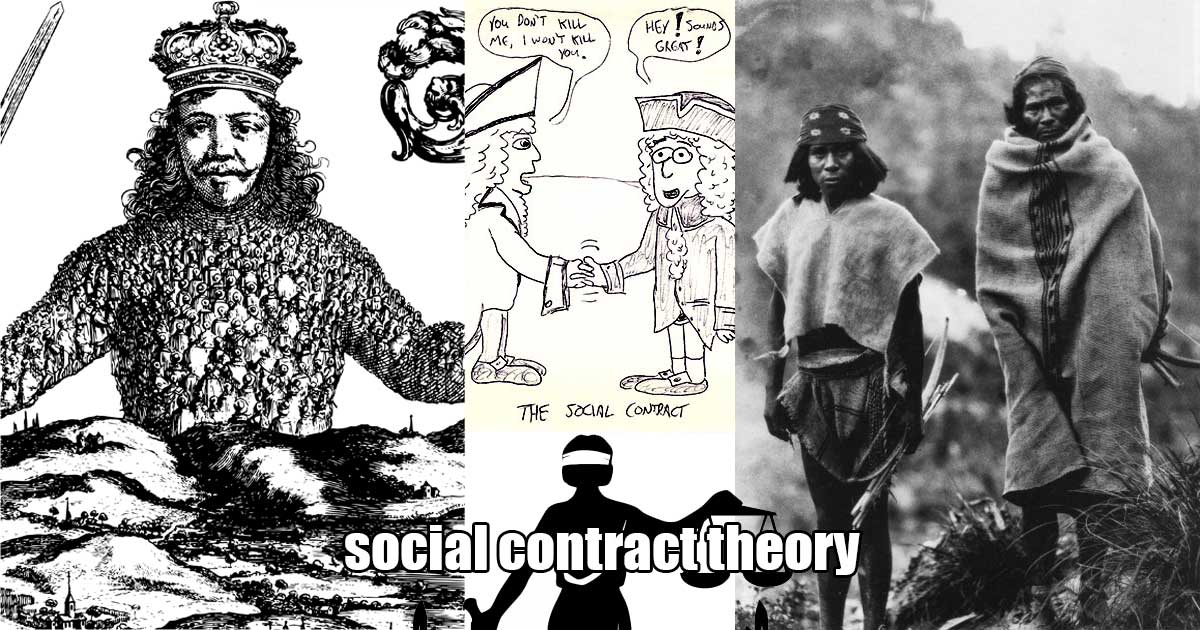
Social Contract Theory is the theory of why people form governments based on how people lived in a State of Nature before government.

The bed of nails principle states that while laying on one nail is enough to puncture a person’s skin, laying on many distributed nails isn’t.

Game theory involves games, but it isn’t the study of games. It is the study of mathematical models of conflict and cooperation regarding decision making.